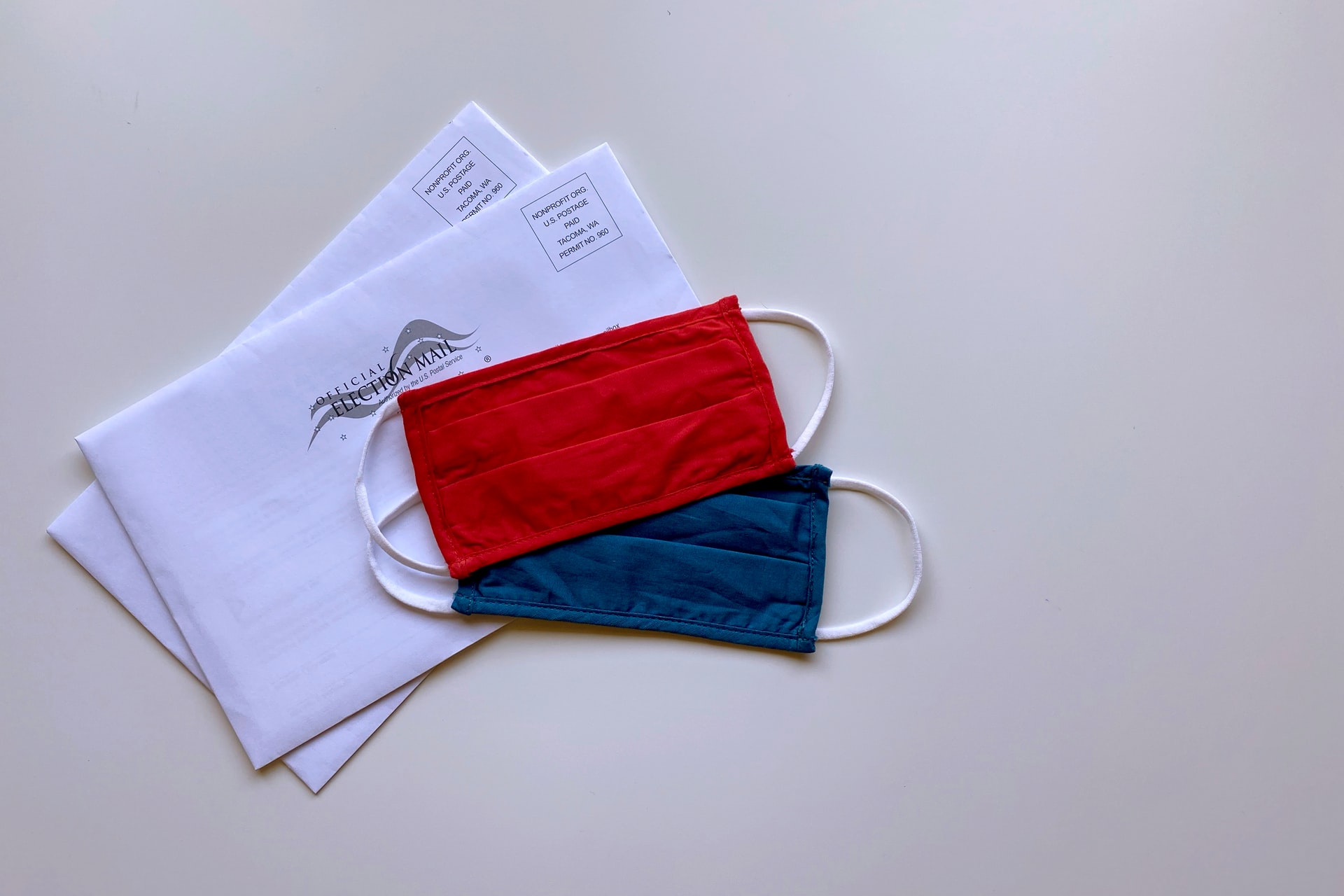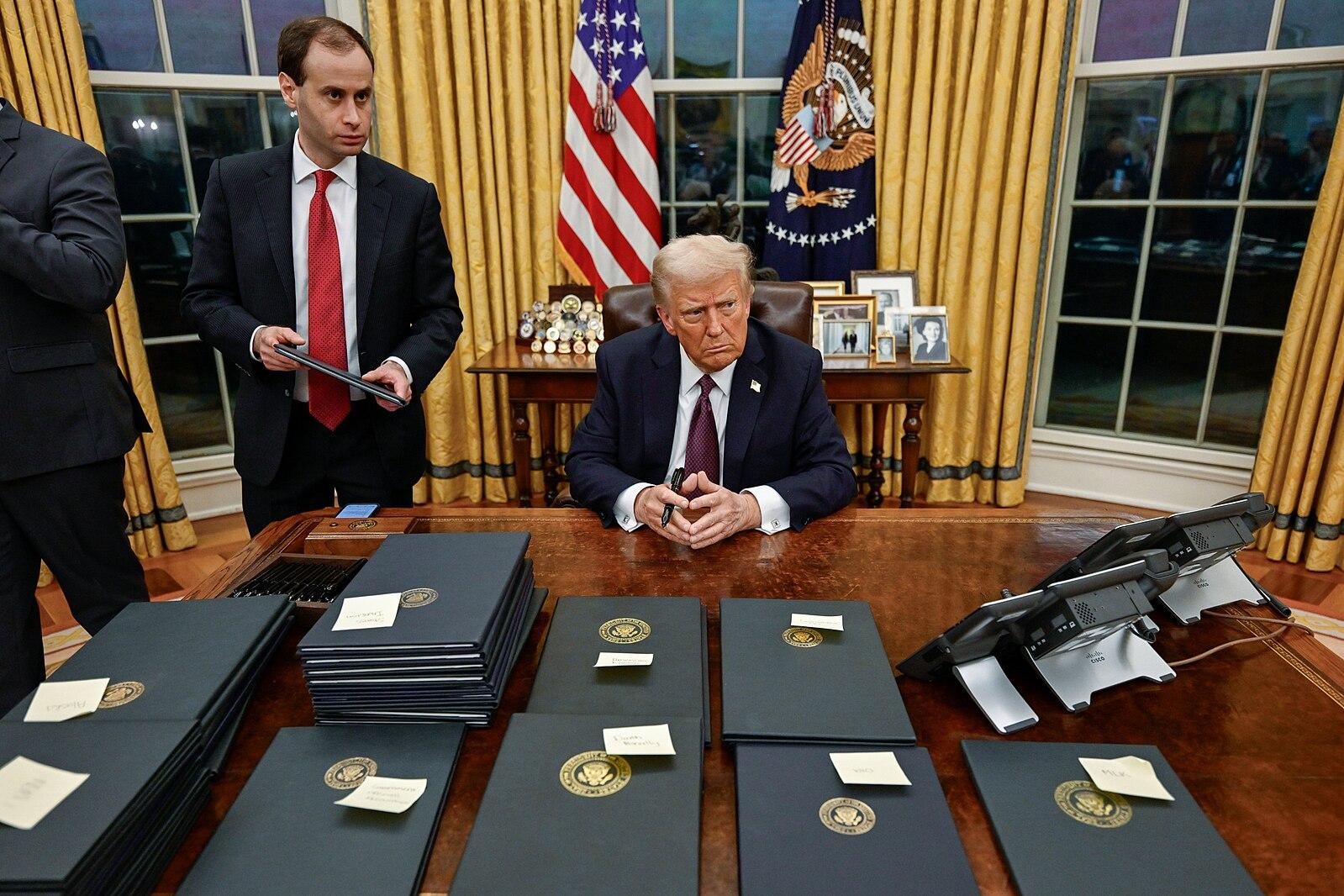
WITH increased concerns about voter suppression and intimidation across the country, voting rights advocates serving groups like the Filipino American community are ramping up efforts ahead of Election Day to provide protection resources and dispel misinformation.
Historically, voter suppression has looked like waiting in long lines, receiving misleading information, or being intimated at a polling location to dissuade voters — especially voters of color — from exercising their right to vote.
This year, during an already high-stakes election, reports have included armed individuals outside of polling places and drop boxes in LA County and Boston being set on fire, as mail-in ballots are being encouraged as the preferred option to keep voters safe from the continued COVID-19 threat.
“Whatever is going to happen on Election Day or in the early voting period, we need to be prepared but we also need to be a calming influence on the electorate. The fear of chaos, the fear of despair that my vote won’t count in of itself is voter suppression. We need to continue encouraging people to vote and if they see something, say something,” Francey Lim Youngberg, a former deputy assistant secretary at the Department of Housing and Urban Development during the Obama administration, told the Asian Journal.
Youngberg joins several other Obama administration appointees who have banded together to direct individuals to national and state voter protection resources through a site (protectvotevols.org) that has links to voting tip sheets, assistance hotlines, and list of virtual volunteer opportunities in the final get-out-the-vote weekend.
Whether it’s requiring in-language assistance or needing to report an experience at a polling location, volunteers are on alert to help ensure that voters can cast their ballots safely and thoroughly.
“This is especially important for the Filipino American community because we’re still looking for Tagalog speakers to help man those hotlines,” Youngberg said.
Even if Fil-Ams live in ‘blue states’ like California or New York, they are encouraged to volunteer in battleground states, like Pennsylvania, Florida, or Nevada, that have sizable AAPI populations.
For those who put up excuses for not voting — especially in a year when states like California or Nevada have automatically mailed out ballots to all voters — or believe that one vote won’t count, Youngberg reminds eligible voters to be rooted in the history of voting rights in the United States.
“The reason I’m spending every waking hour working on voter protection is because I grew up in the Philippines during martial law and came to this country when I was 11. I saw what Ferdinand Marcos did in the Philippines and I don’t want that to happen to my adopted country,” she said. “In this country, your vote is as important as anyone else’s. Whether you’re an immigrant or were born here, there were a lot of people before us who fought to get our right to vote.”
The Democratic Party has created IWillVote.com where individuals can check/update their voter information and check polling locations. Voters can call 833-DEM-VOTE (833-336-8683), a hotline monitored 24/7 to report instances of disenfranchisement, voter purging, poll worker misconduct, and more.
The Nevada state Democratic Party recently launched a Tagalog voter protection hotline at 888-525-VOTE (888-525-8683) for any similar questions or concerns.
Nonpartisan efforts helping the Fil-Am/AAPI community until Election Day include:
- Election Protection, a national, nonpartisan coalition, has an English hotline at 866-OUR-VOTE (888-687-8683).
- APIA Vote’s bilingual assistance hotline at (888) API-VOTE (888-274-8683), which has live help in English, Tagalog, and seven other languages.
- The National Filipino American Lawyers Association’s Voter Protection Program, through which voters can be connected with attorneys in California, Arizona and Nevada. California’s hotline is open Monday, Wednesday and Friday from 3 p.m. to 6 p.m. PST by calling/texting (213) 316-8458 or emailing [email protected].




